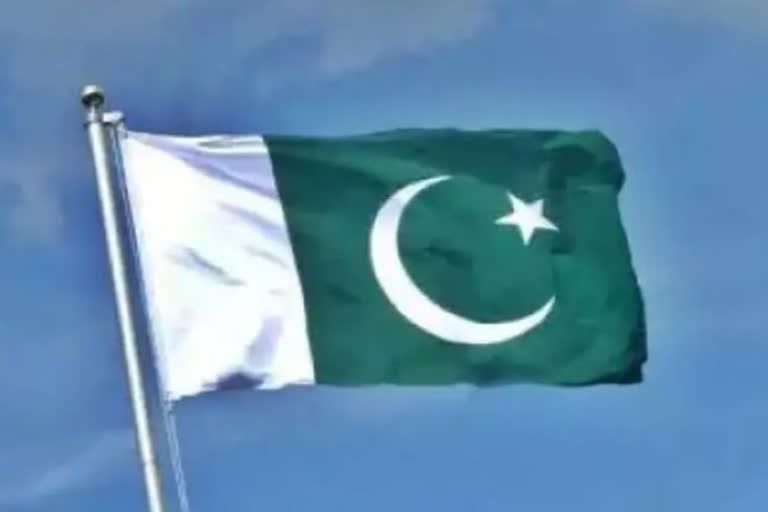Washington (US) : At a time when US President Joe Biden's words put the spotlight on Pakistan as the most dangerous nation in the world, Pakistan's nuclear capabilities are also occupying a position of significance and creating anxieties for various major global powers.
US President Biden at a Democratic Congressional Campaign Committee Reception in Los Angeles (California), during which he berated both China and Russia said, This is a guy (Xi Jinping) who understands what he wants but has an enormous, enormous array of problems. How do we handle that? How do we handle that relative to what's going on in Russia? And what I think is maybe one of the most dangerous nations in the world: Pakistan. Nuclear weapons without any cohesion.
Pakistan's government, the Taliban, its various outfits in Pakistan and Afghanistan, and other jihadist groups inside Pakistan have created a worry over the nuclear weaponry falling into terrorist hands, reported Global Strat View. Pakistan supports the Taliban covertly. The world believes that Pakistan's nuclear program remains a threat of being stolen by terrorist organizations. Last year in August, after the withdrawal of US troops from Afghan soil, Afghanistan has quickly fallen into the Taliban's extremist clutches.
The political upheaval in Afghanistan also has regional repercussions, especially for those in neighbouring Pakistan. Meanwhile, Pakistan's continued production of fissile material and subsequent weapons, as well as the potential deployment of more tactical nuclear weapons, only makes the increasing possibility of the misuse of these materials more glaring and plausible, reported Global Strat View. A London-based Pakistani journalist Farooq Sulehria said, The Talibanization of the Pakistan military is something we can't overlook. What if there is an internal Taliban takeover of the nuclear assets?
There has been multiple instance when experts and US Presidents have expressed their concerns over Pakistan's nukes. During the time of the Obama administration, a Harvard nuclear expert, Graham Allison, stated, When you map weapons of mass destruction and terrorism, all roads intersect in Pakistan. He said this while sitting on the US Commission on the Prevention of Weapons of Mass Destruction Proliferation and Terrorism.
Moreover, ex-US President Bill Clinton also had similar apprehension regarding Pakistan's strides towards nuclear testing. Clinton, worried about the geopolitical threat of South Asia if Islamabad was to go ahead with its nuclear armament. Clinton made all sorts of offers within his ambit. Whether it was a state dinner to billions of dollars in assistance to the country, Clinton tried to persuade the then-Pakistan Prime Minister Nawaz Sharif to put off the nuclear testing.
However, once Clinton was unable to succeed in getting his way, he publicly condemned Islamabad's move. Clinton described the nuke tests dangerously destabilizing. Pakistan went ahead with its testing, and the US imposed crippling economic sanctions in retaliation. Along the same lines, Generals Mark Milley, Chairman of the Joint Chiefs of Staff, along with their high-ranking generals, claimed their awareness of the risks the Afghanistan move would pose for Pakistan's nuclear weapons and its national security. (ANI)



